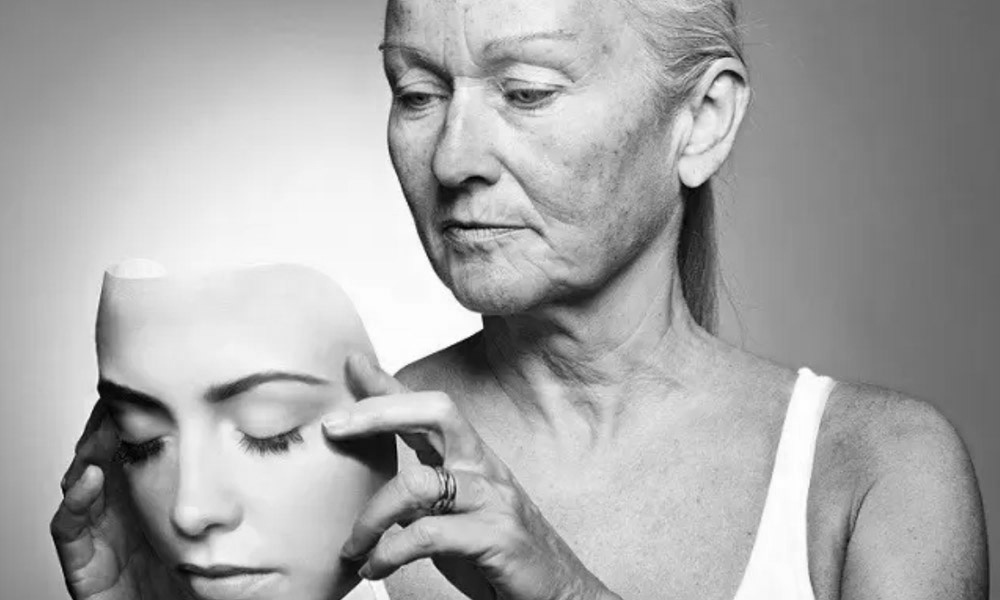Precocious ageing

The causes of precocious ageing
Premature aging is not an inevitable process, but the result of a prolonged lack of essential nutrients. An unbalanced diet, stress, lack of physical activity and the negative impact of the environment lead to a progressive depletion of the body’s internal resources. Over the years, the body consumes micro and macronutrients without receiving an adequate supply, causing a deterioration in health and physical appearance.
Main factors that promote aging
Nutrient deficiency
To support biochemical processes, the body needs minerals, vitamins, amino acids, enzymes and polyunsaturated fatty acids. The lack of elements forces the body to use internal reserves, thus leading to a progressive depletion of calcium, magnesium, zinc, iron and other essential components. Over time, this compromises the proper functioning of organs and systems.
Oxidative stress and intoxication
Modern lifestyle promotes the accumulation of free radicals, which damage cells and accelerate the aging process. Toxins accumulate in the blood, lymph and tissues, reducing the body’s regenerative capacity.
Hormonal changes
As we age, levels of hormones such as testosterone, estrogen, growth hormone, and melatonin decline. This leads to loss of muscle mass, deterioration of skin quality, weakening of the immune system, and a general reduction in vitality.
Lack of oxygen and sedentary lifestyle
Lack of exposure to fresh air and a sedentary lifestyle slow down metabolism, reduce the ability of cells to regenerate, and promote the accumulation of body fat.
Signs of premature aging
- Appearance of gray hair and thinning hair
- Loss of skin elasticity, dryness and appearance of wrinkles
- Dull complexion, paleness and opacity of the skin
- Chronic fatigue and reduced physical and mental performance
- Weakened immune system and increased susceptibility to infections
- Tendency to gain weight and altered metabolism
How to prevent premature aging?
1. Optimize your dietn
A balanced diet must include all essential micro and macronutrients. Particularly important are:
- Omega-3 and Omega-6 fatty acids (fish, walnuts, flaxseeds)
- Antioxidants (green leafy vegetables, berries, turmeric, green tea)
- Collagen and amino acids (protein foods, bone broths)
- Magnesium, zinc, iron and calcium (nuts, seafood, vegetables, legumes)
2. Strengthen your body with food supplements
Multivitamin and mineral supplements can help fill nutritional gaps. Some of the most useful include:
- B Vitamins for Energy and the Nervous System
- Vitamin D3 for Strengthening Bones and Immune System
- Coenzyme Q10 to improve cardiac function and cellular respiration
3. Physical activity and fresh air
Regular walking, cardiovascular exercise, and flexibility activities improve blood circulation, oxygenate cells, and stimulate collagen production.
4. Stress management and sleep quality
Chronic stress damages the body at the cellular level, while lack of sleep accelerates the aging process. Meditation techniques, relaxation and a good sleep-wake rhythm help preserve youth.
A personalized approach to aging prevention
If you want to maintain your youth, preserve your health and recover your vital energy, consult a healthy lifestyle expert.
A personalized analysis of your health status and a tailored plan will help you restore balance and prevent age-related changes.